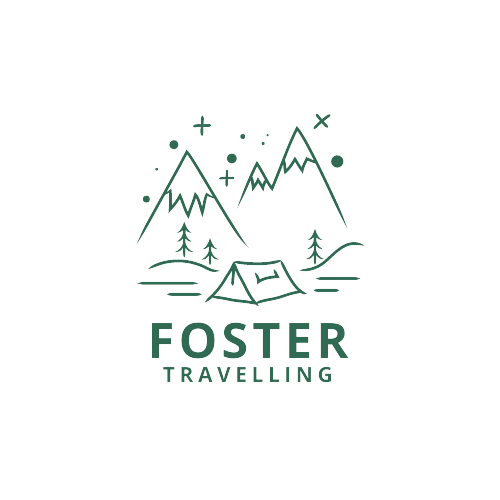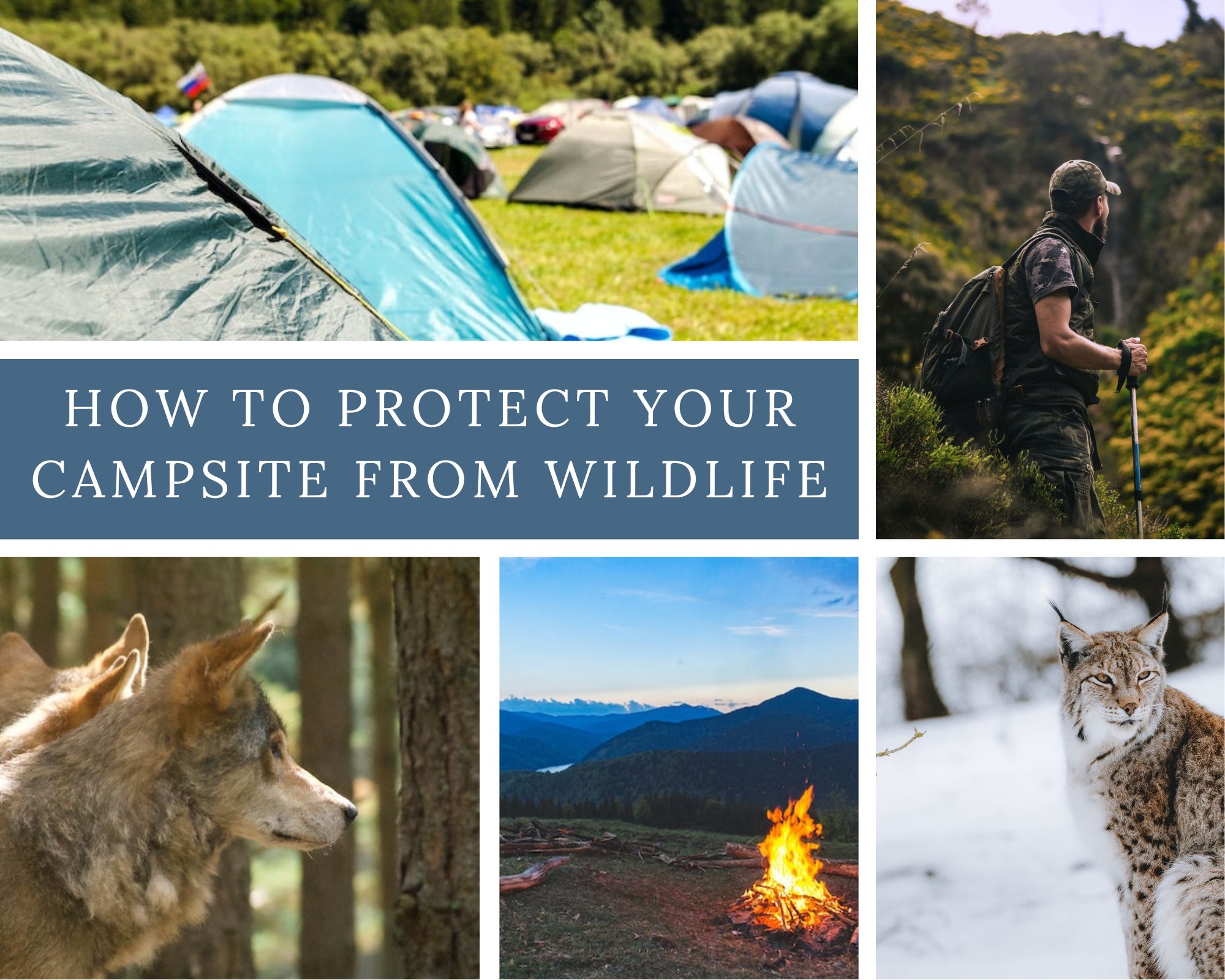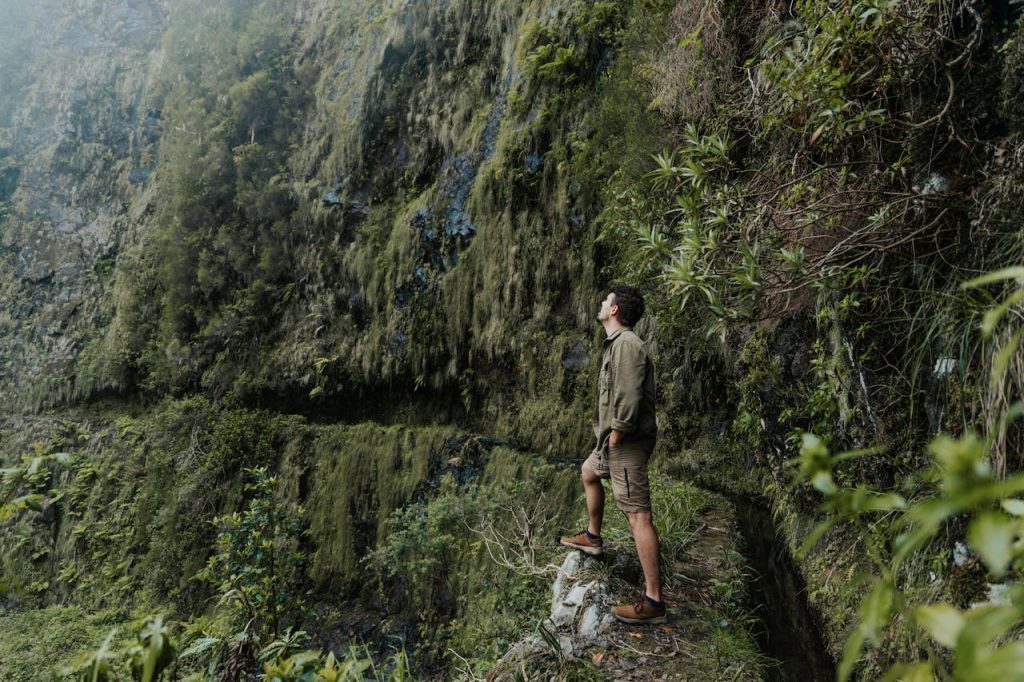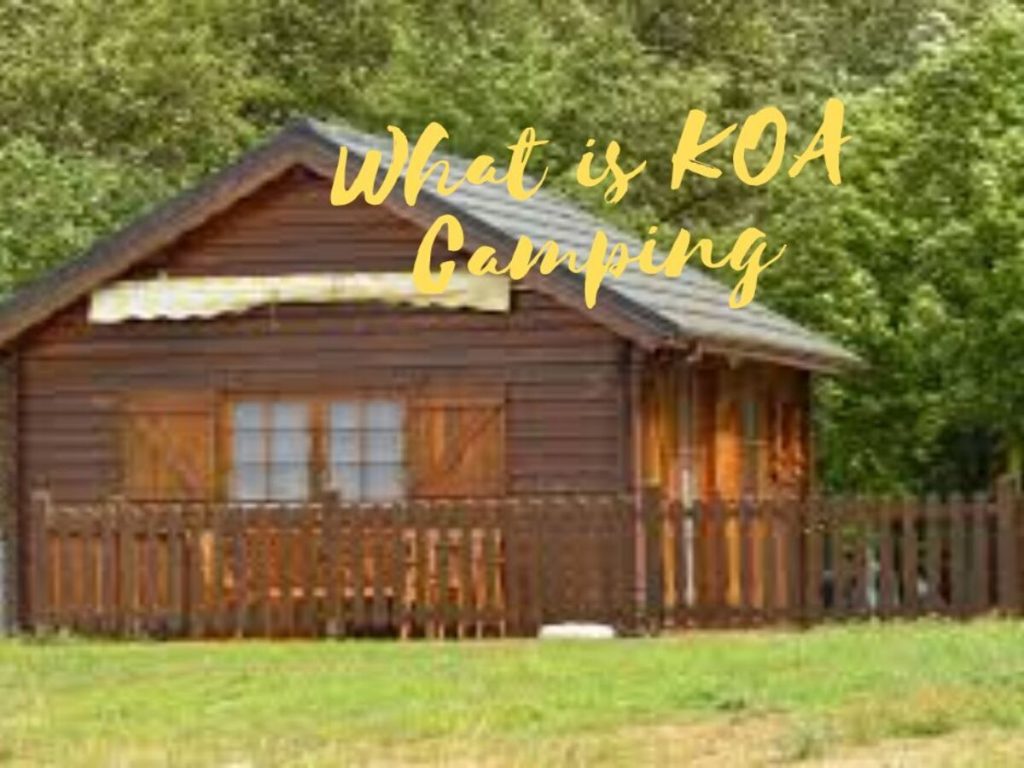Camping outdoors can be a wonderful and rewarding experience, but it’s important to remember that you are not alone in the wilderness. Various wildlife species call the forest, mountains, and other natural areas home, and it’s essential to respect and protect these animals while enjoying the outdoors. In this article, you will read how to protect your campsite from wildlife and ensure a safe and enjoyable camping experience.
The Importance of Protecting your Campsite from Wildlife
Table of Contents
ToggleWildlife encounters can be both exciting and potentially dangerous. While it can be thrilling to see a bear or other large animal in the wild, it’s important to remember that these animals can be unpredictable and potentially dangerous if they feel threatened. In addition to the risk of injury or death, negative interactions with wildlife can also have severe consequences for the animals involved.
The Potential Dangers of Wildlife Encounters
Wildlife encounters can range from benign to potentially life-threatening. If you encounter a small animal such as a squirrel or rabbit, the most likely outcome is simply that the animal will run away. However, the situation can be much more difficult if you encounter a larger animal, such as a bear or mountain lion. These animals may feel threatened if you approach them too closely, and they may attack in self-defense.
In addition to the risk of injury or death, negative interactions with wildlife can also have severe consequences for the animals involved. If an animal becomes accustomed to humans, it may become more aggressive or less fearful of humans, which can lead to more negative encounters in the future. This is why it’s so important to respect and protect wildlife while you are camping.
Choose a Campsite Wisely.
One of the essential things you can do to protect your campsite from wildlife is to choose a campsite wisely.
The following few tips will help you do this:
Research the area and choose a campsite known to be free of wildlife:
Before leaving for your camping trip, research where you will be camping. Look for campsites free of wildlife or areas where wildlife encounters are unlikely.
Avoid campsites that are near water sources, as they may attract wildlife: Animals such as bears and beavers are often attracted to water sources, so it’s best to avoid campsites that are located near rivers, lakes, or other bodies of water.
Avoid campsites that have evidence of previous wildlife activity, such as tracks or scat: If you see evidence of last wildlife activity at a campsite, it’s a good idea to choose a different location. This could include tracks, scat, or other signs of animals.
Store Food Properly
Appropriate food storage is one of the most effective ways to protect your campsite from wildlife. These few tips will help you do this:
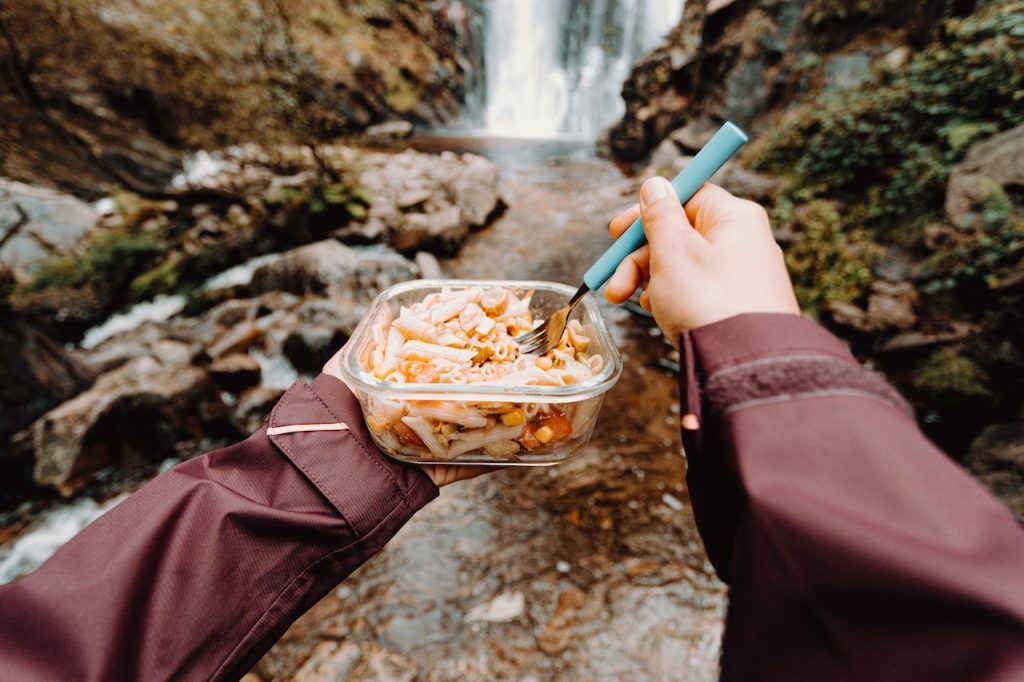
Keep Your Food Safe:
Keep all food and scented items, such as toiletries, in a bear-proof container or vehicle. Bears have a sharp sense of smell and are attracted to food and other scented items. It’s essential to store all food and scented items in a bear-proof container or in your vehicle to prevent bears from entering your campsite.
Do not leave food or scented items out in the open or unattended:
In addition to storing your food and scented items in a bear-proof container, keeping them out of reach and out of sight of wildlife is also essential. Never leave food or scented items unattended in the open, as this can attract animals.
Follow Leave No Trace principles and adequately dispose of all trash:
In addition to following Leave No Trace principles, it’s also essential to properly dispose of all garbage. This includes appropriately sealing trash bags and disposing them in designated trash cans or bear-proof dumpsters. Do not leave trash in the open or unattended; it can attract wildlife and create litter.
Respect wildlife and give them space.
In addition to adequately storing food and disposing of trash, respecting wildlife and giving them space is also important.
The following tips will help you do this:
Refrain from approaching or feeding wildlife:
It’s never a good idea to come or feed wildlife. Not only is it dangerous for you, but it’s also harmful to animals. Feeding wildlife can make them more reliant on humans and less able to survive on their own, and it can also make them more aggressive.
Keep a safe distance from wildlife:
Keep a gap of at least 100 yards for large animals such as bears and wolves. If you encounter wildlife while camping, giving them plenty of space is essential. A distance of at least 100 yards is recommended for large animals such as bears and wolves.
Make noise to signal wildlife of your presence:
Making noise, especially when hiking in areas with limited visibility, can help alert wildlife of your presence, which can help prevent negative encounters. This is especially important when walking in areas with limited visibility, such as dense forests or foggy conditions.
Use Caution with Fire

Fire can be an essential part of the camping experience, but it’s necessary to use caution when building and maintaining a fire.
Please, be careful of the following things:
Follow all local fire regulations and use established fire pits or grills:
Before starting a fire, check local fire regulations and only set a fire in a designated fire pit or grill.
Keep your fire small and extinguish it properly when leaving the campsite:
A small, well-contained fire is less likely to attract wildlife and is easier to manage. When you finish your fire, extinguish it properly by drowning it in water and stirring the ashes until they are cold.
Do not leave your fire unattended:
Never leave it alone; it can quickly get out of control and become a hazard.
Conclusion
Following these guidelines can protect your campsite from wildlife and ensure a safe and enjoyable camping experience. By choosing a campsite wisely, storing food properly, respecting wildlife and giving them space, and using caution with fire, you can help to preserve the natural balance of the wilderness and responsibly coexist with wildlife. So, always keep these points in mind while camping outdoors.
Safe Camping!
Popular Articles:
